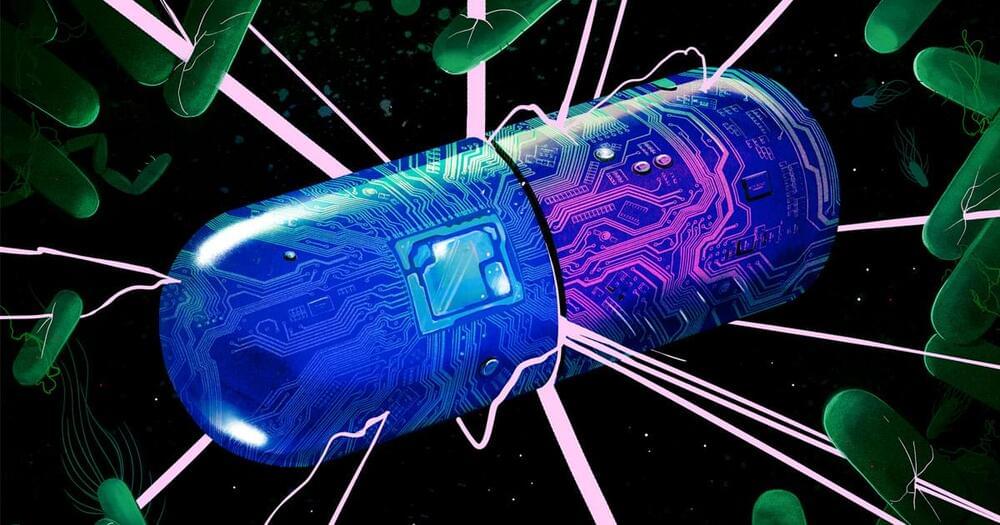A decision by the Italian authorities to place 16 million people into coronavirus quarantine descended into chaos on Sunday night as dozens of flights from affected areas were permitted to land in Britain.
More than a quarter of the population of Italy was placed on lockdown in a bid to stem the spread of coronavirus after deaths in the country rose by a third in a single day.
On Monday, Boris Johnson, the Prime Minister, will convene a Cobra meeting of his top ministers and advisers in the Cabinet Office as Britain braces for the full force of the outbreak.








